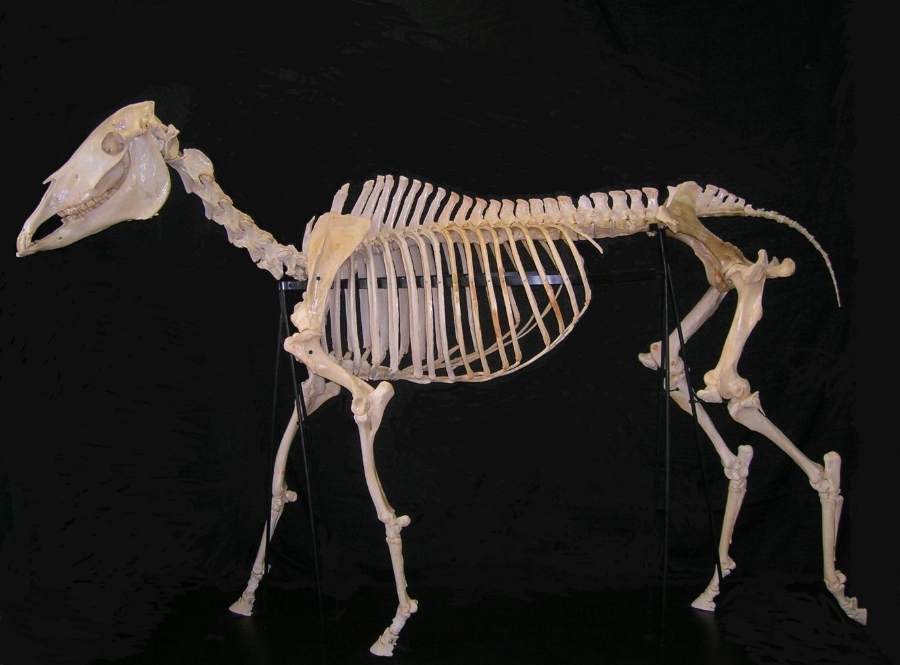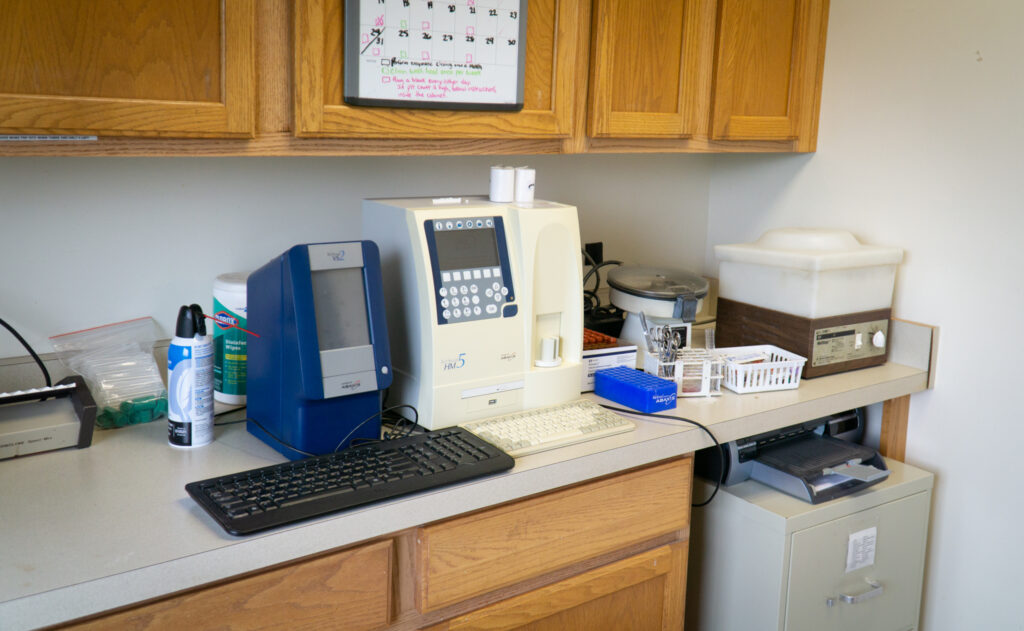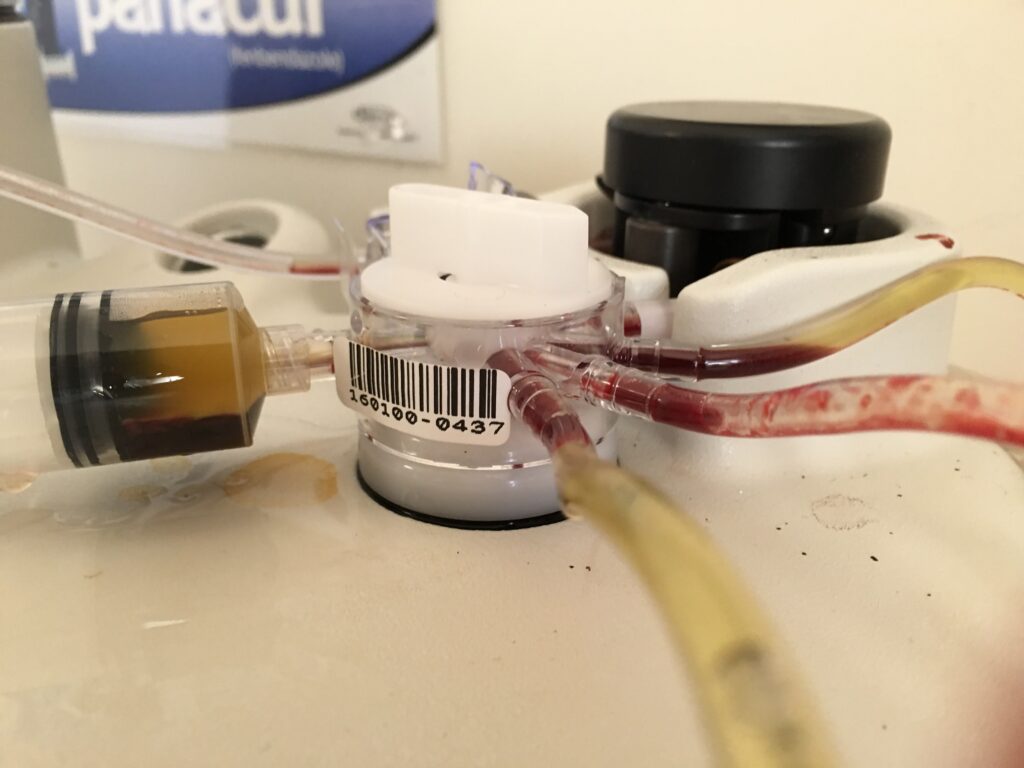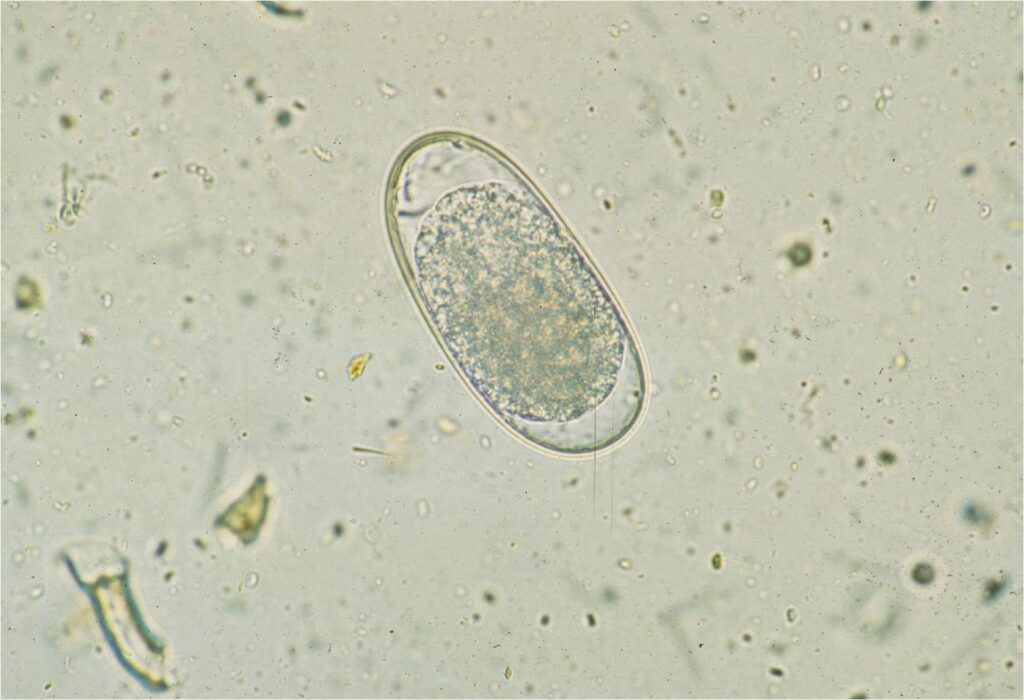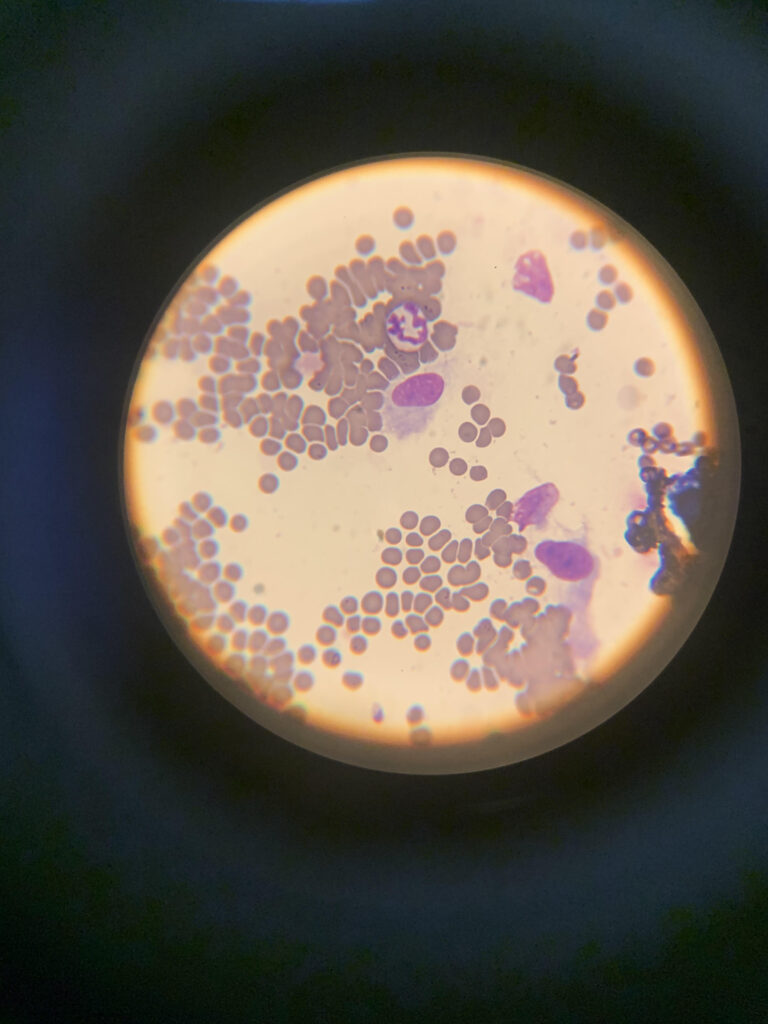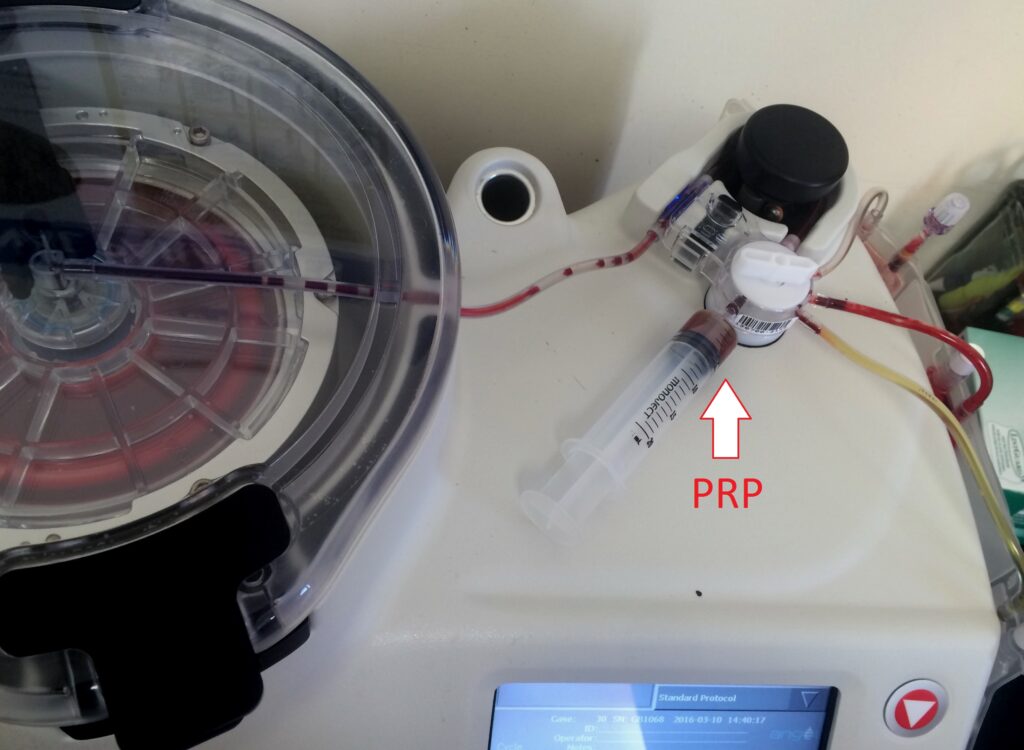The lab is one of the most important rooms in our practice; here we can see your horse on the cellular level. We have the ability to run all kinds of blood work (complete blood counts, chemistries, total proteins, fibrinogens, SAA’S, etc.), examine fecal samples, process Coggins tests, create regenerative medications, and more!
Complete Blood Count (C8C)/ Chemistry Machines
These machines allow us to analyze your horse’s blood to gather information on your horse’s overall systemic health, in 20 minutes or less!
Coggins (EIA)
Did you know our practice is one of the few in the state that can run and analyze coggins tests? This test is required for interstate, international and many times inter-barn or show travel. It analyzes the blood for presence of antibodies for Equine Infectious Anemia (EIA), an incurable, transmissible disease in horses.
Health Certificates
Required for interstate and international travel, our veterinarians are certified to perform these exams allowing you and your horse to roam freely, wherever you may be going!
Regenerative Medications
Here in the lab we create all of our regenerative medications. CEC has a reputation for healing joint ailments and pain management, and the primary way we do this is by processing Platelet Rich Plasma (PRP) and Stem Cells that are derived from your horse’s own cells. This is the machine that we use the most in our practice.
Fecal Exams
Fecal egg counts are an essential component to parasite control in horses, helping us better understand parasites in equine species. In recent years, we have learned that not all horses respond to the same de-worming program. Most horses respond well to de-worming twice per year, but some horses need a more involved regiment. CEC recommends doing a fecal egg count at least once per year, three months after de-worming, to test the individual horse. Over the past few years CEC has seen a significant decrease in the number of parasites in our patients. In 2014, 60% of the horses we examined had no parasites at the time of testing. In 2015, that percentage rose to 75% of examined patients testing with no parasites.
Professor
“Knowledge is power.” A thorough understanding of equine anatomy gives CEC staff the ability to think through various gait abnormalities. Our doctors regularly reference The Professor to explain diagnosis to clients, find the perfect injection site, educate students, and much more.
In his previous life, The Professor was donated to Dr. Page’s 501c3 nonprofit, the Equine Wellness Foundation. With the help of Washington State University, the Professor was created and shipped back to Colorado where he is a permanent resident.

